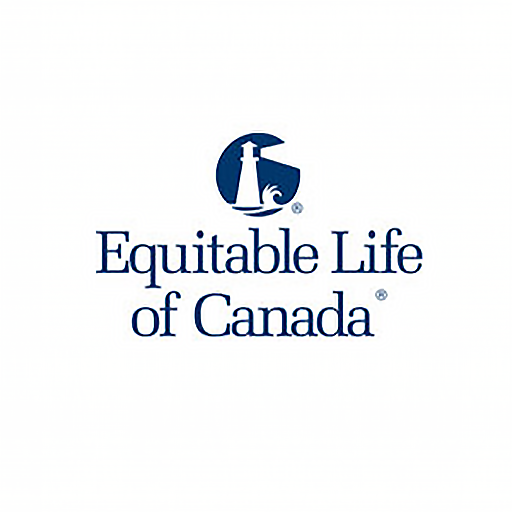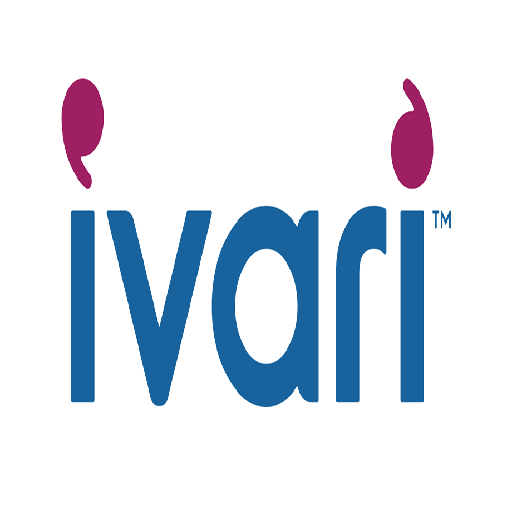Accumulation of wealth over is one job, the other is ensuring simplicity and cohesion among your loved ones in the event that you die. You need a plan that will guide your loved ones and beneficiaries through the distributions of wealth, properties, and assets to your heirs.
Whether it is a will or living trust, our highly qualified and professional staff are here to customize our services to suit your needs.
According to the Angus Reid Institute report, approximately 51% of the Canadians have no last will and testament in place, while only 35% out of those say they have one that is up to date.
It is safe to assume that half of Canadians are not planned on what becomes of their loved ones and assets should anything happen to them. 25% blame the lack of will at a young age while 23% think it is for those who have a lot of assets.

What is Will Planning?
This is a simple process that involves creating a last will and testament that you wish to be fulfilled. The statement may include who should take care of your children and business, and the heirs of the related properties and assets. It also states the appointed executor who ensures all the instructions in the will are enforced.
Types of Wills
- Simple Wills
- Testamentary Trust Wills
- Joint Wills
- Living Wills
How does a Will Work?
-
- Identify an executor
An executor is a trusted individual that will ensure all the terms of your will are followed by guiding your estate through the probate process. This person can either be a professional, family member or friend. The duties of an executor include:
-
-
- Locating the will
- Applying to the supreme-court for grant of probate
- Advising the beneficiaries on the contents of the will
- Collecting and transferring assets to the beneficiaries
- Records maintenance of all the actions taken as per the will
- Paying any outstanding debts
- Distributing assets to the beneficiaries as per the will
- Lodging final taxation returns
-
-
- Designation of assets
This step involves you deciding which properties should be left to which beneficiaries. It involves listing every asset that you own and deciding which of the assets shouldn’t have to go through the probate process in order to be inherited life insurance policies. After all these have been outlined, you can go ahead and make specific requests in your will in a straightforward manner.
What do you need to consider when Planning a Will?
- Who will benefit under your will.
- A list of all the current assets and liabilities.
- If you have younger children, who will be their guardian and when will they be eligible to receive their benefits?
- Any specific funeral arrangements like burial, cremation, prepaid funeral or particular place for the ceremony.
- Do you have disabled children and what will happen to them?
- Is your business or trust co-owned? How will that be distributed.
Difference between Will Planning and Estate Planning ?
Will and estate planning are meant to provide your loved ones with instructions on how you wish all your assets to be handled and managed upon your death. And although sometimes they may be confused to be one at the same time, estate planning goes further ahead to give detailed information regarding health, finances, and asset management while you are still alive.
Benefits of Will Planning
Helps the family of the diseased avoid disputes over property.
It saves money that could have otherwise been lost to attorneys and public trustees in the event that there was no will.





